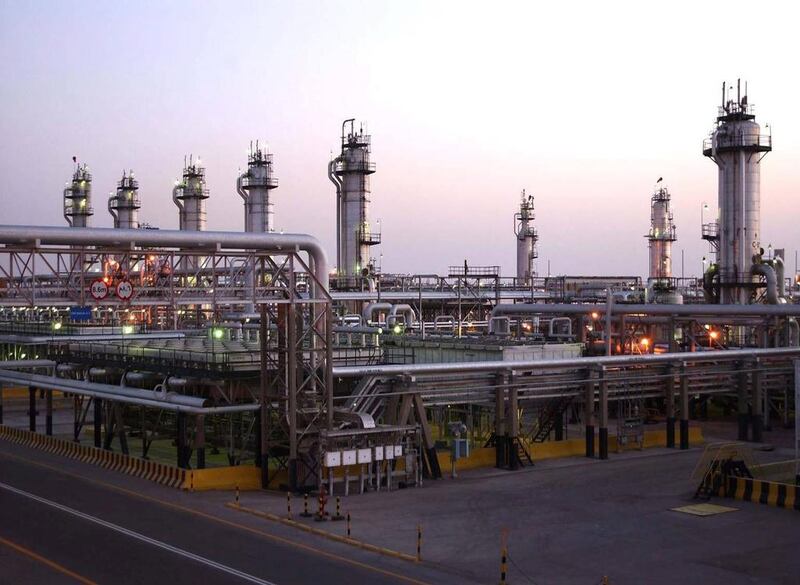Saudi Arabia’s economy is expected to contract slightly in 2017 before rebounding next year as the oil crash that began three years ago and heralded a prolonged period of low hydrocarbon prices impacts the region’s biggest economy, the Institute of International Finance (IIF) said.
The institute said Saudi Arabia’s economy is expected to contract 0.4 per cent in 2017 before advancing 2 per cent in 2018. The unemployment rate for Saudi Arabian nationals has increased to 12.3 per cent and is likely to stay high for several years in the absence of a strong recovery in non-oil growth, according to the IIF.
The institute said that the weakened economic growth was pushing the kingdom’s unemployment higher, adding that reforms were needed to create enough jobs for entrants into the job market.
“Prolonged low oil prices and the need for further fiscal consolidation has shifted the economy to a lower prolonged growth path which will not create sufficient new jobs to reduce the high national unemployment rate,” said Garbis Iradian and Giyas Gokkent, economists at the IIF.
“Deep structural reforms are needed, including quality of education and training to prepare new national entrants to the labour market to find employment in the private sector.”
__________
Read more
[ Saudi Arabia said to favour New York over London for Aramco listing ]
[ Saudi, Iraq oil ministers agree to stronger oil-cut commitment ]
[ Saudi banks to maintain profitability despite pressure, Moody's says ]
__________
The world’s biggest exporter of crude oil has been taking measures to shore up its finances in the wake of the steepest drop in oil prices since the financial crash of 2008. As part of that effort, the government sold US$17.5 billion in bonds in its first international sale last year. The kingdom is well aware of the need for economic refocusing and has already taken major steps to address the issues. The country’s leaders have announced an economic transformation plan to reduce the government’s reliance on hydrocarbon revenues.
The state relies on sales of crude to fund more than 75 per cent of the budget, and lower oil revenues created a budget shortfall last year that has been estimated at $100bn.
The kingdom’s reforms include privatising state industries, including a stake to the public in Aramco, the world’s biggest oil producer.
Under the transformation plan, the government is aiming to reduce the unemployment rate to 9 per cent by 2020. But the IIF said that its projection of non-oil growth of 2 per cent to 3 per cent in the next four years would not be enough to absorb new entrants into the labour market, which averaged around 200,000 per year between 2010 and 2015.
As well as creating more jobs, the country needs to further improve its education system, the IIF said.
“Despite the progress made in recent years, the country still faces major challenges in enhancing the quality of education and appropriate training,” the economists said in their report.
“The skill composition of graduates of the educational system has long been recognised as being out of line with the demands of the market.”





